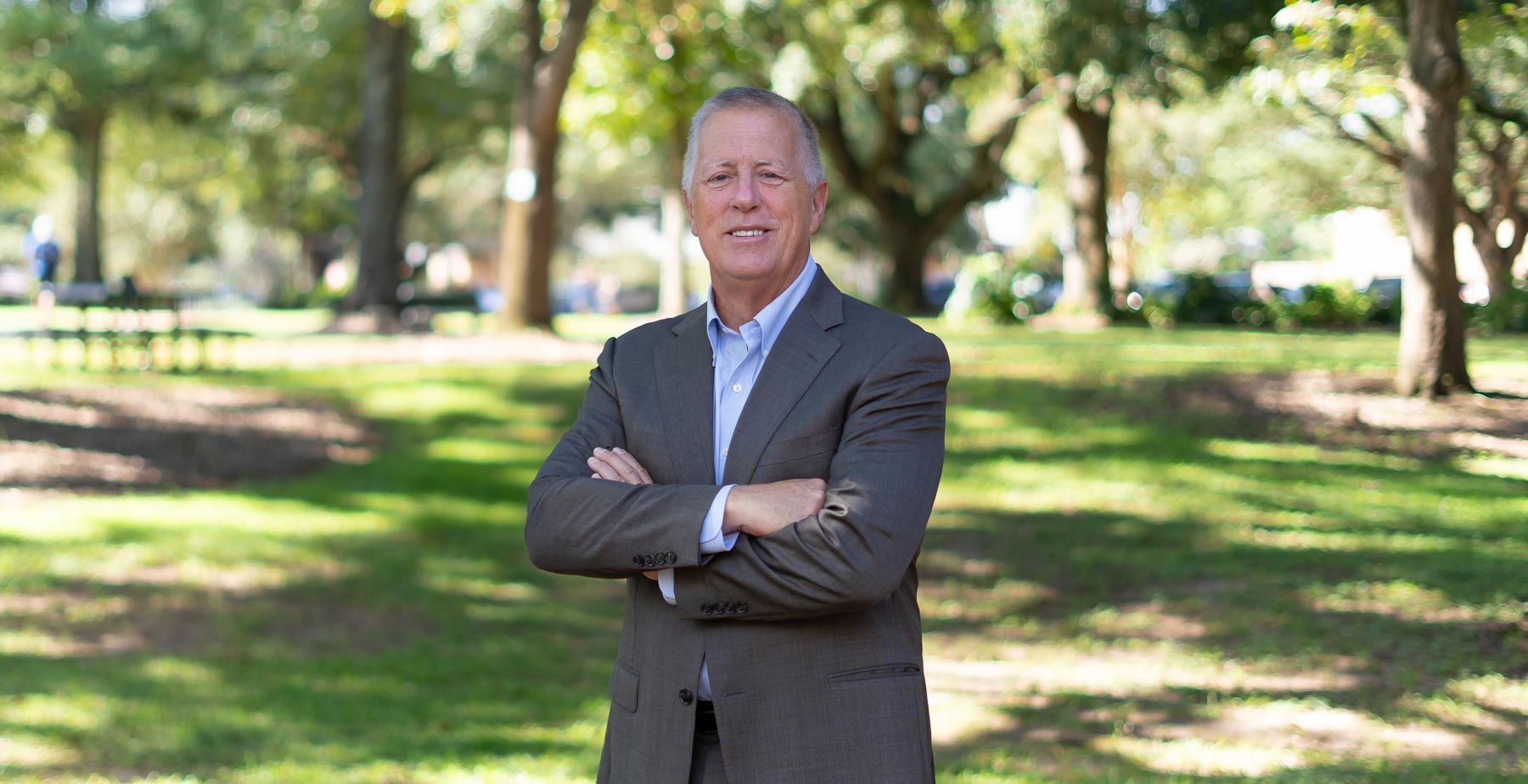Supply Chain to Bend, Not Break, with Dockworkers’ Strike
Posted on October 2, 2024

Approximately 45,000 dockworkers at 36 ports from Maine to Texas, including at the Port of Mobile, walked off the job this week — the first time members of the International Longshoremen’s Association have gone on strike in nearly a half century.
The work stoppage, depending on how long, could lead to supply shortages and higher prices. Dr. Peter Simonson, assistant professor of marketing, supply chain management and analytics in the Mitchell of College of Business, answers three questions about the strike.
Will this strike be crippling to the U.S. economy?
No. As important as our port system is, the U.S. economy is far too large and robust to be crippled by any strike. Individual businesses and families may live through some harsh realities, and this is always bad, but our supply chain is very resilient particularly in getting people what they really need. Free markets, free economies and free people can handle the healthy and sometimes raucous back-and-forth between the players in that economy. Further, in a well-regulated free market system like ours, we have given some of our elected officials — particularly the president — the ability to intervene and act like a “circuit breaker” if things get too healthy and raucous!
Will prices go up on goods if the strike lasts a long time?
Probably. All members in the supply chain, including the consumer, can be prone to fear. Not panic but justifiable fear. This can lead everyone — businesses and individuals — to buy more than they need “just in case,” and this drives up prices. Also, businesses fear that what they have to buy to replace what they are selling now will be higher, and maybe much higher than what they are selling for today, so they raise prices defensively. And some business will simply take advantage of the fear to make a quick buck. This is where the free market with robust competition can be our best friend: We can just go elsewhere and remember the companies we feel are being unfair.
What can be done, if anything, to mitigate the negative effects of the strike?
Be patient and not too upset if our non-essential purchases must wait or if we need to substitute one product for another. Don’t dramatically over-buy. Along the way, might I suggest taking a minute to celebrate the freedoms workers have to organize for their betterment and the freedoms businesses have in responding to protect their owners and customers. It's a messy, infuriating, wonderful thing.
Dr. Peter Simonson worked at his family’s lumber business for 35 years before earning a Ph.D. in transportation and logistics from North Dakota State University. He has taught courses in supply chain management, port facilities management and warehouse facilities management.





